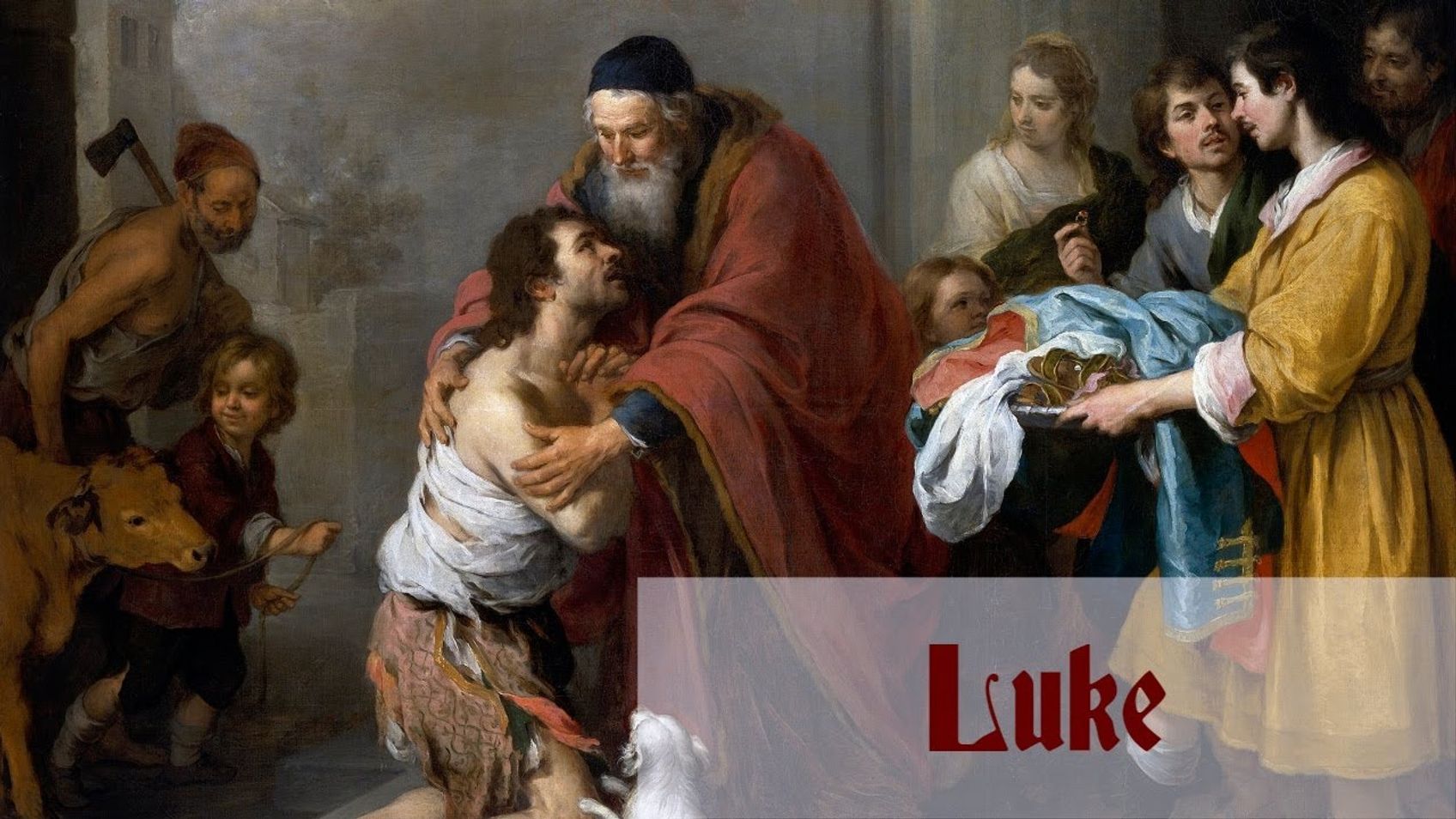Luke: Chapter-by-Chapter Commentary

*CONTENTS*
00:00:00 - Luke 1.1-23: Annunciation of the Birth of John the Baptist
00:18:08 - Luke 1.24-56: Annunciation of the Birth of Jesus and the Magnificat
00:33:56 - Luke 1.57-80: John's Birth and Zechariah's Prophecy
00:46:06 - Luke 2.1-21: The Nativity
01:00:03 - Luke 2.22-52: Jesus Presented in the Temple
01:14:36 - Luke 3.1-22: John the Baptist
01:31:24 - Luke 3.23-38: The Genealogy of Jesus
01:41:33 - Luke 4.1-30: Tempted in the Wilderness and Rejected in Nazareth
01:58:48 - Luke 4.31-44: Healing and Preaching
02:04:19 - Luke 5.1-16: Calling the First Disciples
02:13:15 - Luke 5.17-39: Healing the Paralytic and a Question About Fasting
02:20:33 - Luke 6.1-19: Lord of the Sabbath
02:29:06 - Luke 6.20-38: Sermon on the Plain
02:42:39 - Luke 6.39—7.10: Healing the Centurion's Servant
02:53:51 - Luke 7.11-35: Messengers from John the Baptist
03:01:53 - Luke 7.36-50: Anointed by a Sinful Woman
03:11:19 - Luke 8.1-21: Parables
03:19:06 - Luke 8.22-56: Calming the Storm, Delivering the Gerasene Demoniac, the Woman with the Issue of Blood and Jairus' Daughter
03:29:49 - Luke 9.1-17: Sending out the Twelve and the Feeding of the Five Thousand
03:37:29 - Luke 9.18-50: The Transfiguration
03:51:15 - Luke 9.51-62: Rejection and the Cost of Discipleship
03:59:12 - Luke 10.1-24: Sending out the Seventy-Two
04:07:52 - Luke 10.25-42: Parable of the Good Samaritan
04:28:20 - Luke 11.1-28: Prayer and Casting out Demons
04:39:21 - Luke 11.29-54: Woes to Pharisees and Lawyers
04:45:32 - Luke 12.1-34: Neither Fear nor be Anxious
04:51:16 - Luke 12.35-53: Be Ready!
04:56:13 - Luke 12.54—13.9: Signs of the Times
05:01:17 - Luke 13.10-35: The Narrow Door
05:12:37 - Luke 14.1-24: Parables of the Wedding Feast and the Great Banquet
05:21:59 - Luke 14.25—15.10: Parable of the Lost Sheep and the Lost Coin
05:29:58 - Luke 15.11-32: Parable of the Lost Son
05:42:49 - Luke 16: Parables of the Unjust Steward and the Rich Man and Lazarus
05:52:54 - Luke 17.1-19: Teaching on the Way to Jerusalem
05:58:41 - Luke 17.20-37: Coming of the Kingdom
06:03:30 - Luke 18.1-30: Parables of the Persistent Widow and the Pharisee and Tax Collector; the Rich Ruler
06:13:09 - Luke 18.31—19.10: At Jericho
06:17:47 - Luke 19.11-28: Parable of the Ten Minas
06:22:48 - Luke 19.29-48: The Triumphal Entry
06:29:46 - Luke 20.1-26: Parable of the Wicked Tenants and Taxes to Caesar
06:38:35 - Luke 20.27—21.4: Answering Sadducees and Scribes
06:46:26 - Luke 21.5-38: Destruction of Temple and Jerusalem Foretold
06:56:20 - Luke 22.1-38: The Last Supper
07:06:10 - Luke 22.39-53: Prayer and Arrest on the Mount of Olives
07:17:23 - Luke 22.54-71: Peter's Denial and Jesus Before the Council
07:22:01 - Luke 23.1-25: Before Pilate and Herod
07:30:11 - Luke 23.26-49: The Crucifixion and Death of Jesus
07:39:51 - Luke 23.50—24.12: Burial and Resurrection
07:46:00 - Luke 24.13-53: Resurrection Appearance at Emmaus and the Ascension
If you have enjoyed my videos and podcasts, please tell your friends. If you are interested in supporting my videos and podcasts and my research more generally, please consider supporting my work on Patreon (https://www.patreon.com/zugzwanged), using my PayPal account (https://bit.ly/2RLaUcB), or by buying books for my research on Amazon (https://www.amazon.co.uk/hz/wishlist/ls/36WVSWCK4X33O?ref_=wl_share).
The audio of all of my videos is available on my Soundcloud account: https://soundcloud.com/alastairadversaria. You can also listen to the audio of these episodes on iTunes: https://itunes.apple.com/gb/podcast/alastairs-adversaria/id1416351035?mt=2.
More From Alastair Roberts
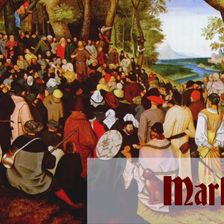
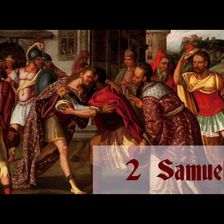
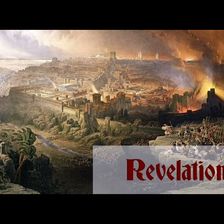
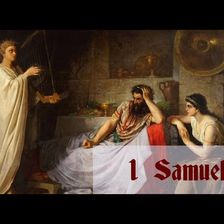
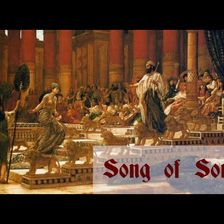
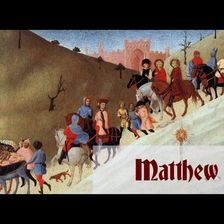
More on OpenTheo















